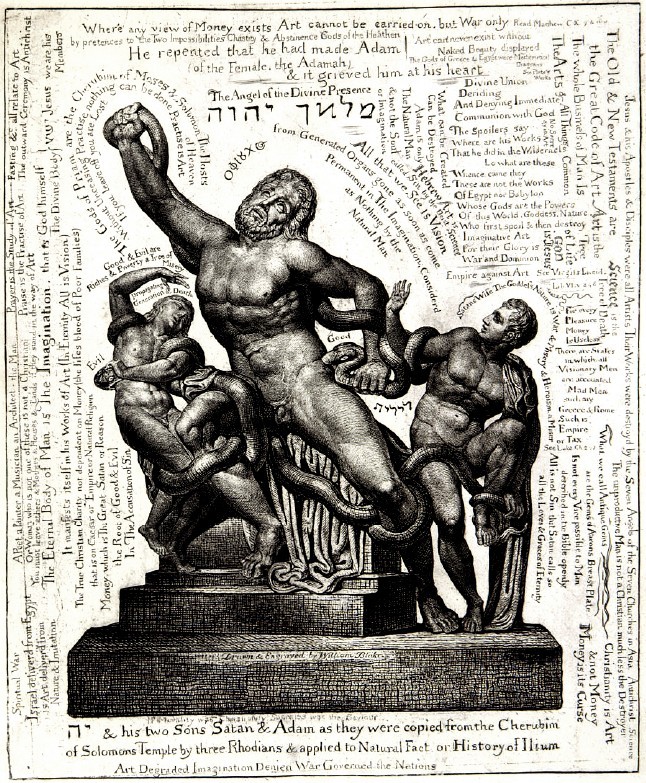
Dear All,
Happy holidays. I hope you are all at least relaxing, if not having a wonderful holiday. Welcome to Experiments In Text. I expect that this quarter will be exciting, enriching, and challenging–like a romantic comedy.
This welcome email is, well, to welcome you to our course, but also to lay out a few of the basics. So, without further ado:
EXPECTATIONS & COVENANT
It should go without saying that it is expected we will be able to share our work with each other, collaborate, and critique, in ways that nurture mutual respect and trust. We want to cultivate a diverse environment, one that necessitates our welcoming of difference, both cultural (ethnic, racial, socioeconomic, gender) and personal-intellectual. Collaboration and critique must be anchored in the process of trying to understand and preserve differences while searching for common ground. As for a covenant, I’m rather anarchic politically. I feel that contracts, while important, can also be an impediment to working on each other’s needs and desires all the time. So, if as a group you would like to come up with a short covenant for this course, I welcome that, but will not be requiring one.
I do, however, expect that you will come to class on time and prepared, do the small amount of readings, and forgo any worry that you have about your “creative abilities.” This is not a contest course – quite the opposite. This is a collaborative course – a more difficult kind of environment than one which asks whether your poetry or prose is “good” or “great”. Most importantly, we should be having fun. Pleasure is taboo these days. Let’s not perpetuate that taboo. If you aren’t having fun making things in this course, something’s gotta change.
READINGS & SYLLABUS
Each week we’ll have very short, but difficult, readings. These will be poems, prose, essays, book excerpts – often pieces of text that don’t quite fit these nametags. The readings are meant to challenge our thinking as we write, both on our own and in groups. I am aware that this is a 4 credit course, and so will be keeping the readings brief, i.e., around 10-20 pages per week. Sometimes the readings will be audio or visual links.
There are NO BOOKS TO PURCHASE for this course. All readings will come in the form of weblinks sent via email and posted on our course blog, sent as attachments to you, or handed out in class. You may comment on the blog, post work on the blog (creative, essay, whatever) – but this is extra, i.e., not required of you (think of it as a chalkboard for further experimentation when you have the time to do so).
I will send you a syllabus (subject to small changes) in my next email, but for now, readings will include pieces by: Blanchot, Derrida, Waldrop, Spahr, bpNichol, Said, Toscano, and Darragh, among others. For those of you familiar with these writers, great! For those of you who are not, I will offer some context during lectures and, if one or all catch your attention, I’ll be able to direct you on where to go to read fuller works by and about them.
WRITING!
This is primarily a “creative writing” course, albeit one that challenges our thinking about what creative writing is and can be. We’ll work in two, complementary ways: 1) you’ll be responsible for generating your own individual manuscripts – these can be pieces you are already working on and want to fine tune through critique, or they can be things that you want to try out and never had the chance to do so. Keep in mind that this is a part-time course, and so don’t expect your peers to critique your 300 page novel! 2) There will be some opportunity for us to write collaboratively, i.e., do small projects (rituals, exercises, games) in peer groups. By the end of this quarter you’ll have a small portfolio of your own work (in progress or finished) plus group writings.
SCHEDULE
Wednesdays from 6pm-8pm I’ll primarily be lecturing. This will also be a time for guests to come. Saturdays from 4pm-6pm will be time to do in-class group critique, writing projects, and, often to go outside the classroom and cause creative mayhem (more on that in my syllabus email). By week 3 we’ll have formed groups of 4 or 5 that will be autonomous working groups.
If you have any questions at all, feel free to email me. I am really looking forward to working with all of you, forming bonds and getting creative in ways that foster a supportive and warm atmosphere. Things are going to get interesting… For now, before the first class, do the readings below. They’ll serve as a sort of introduction to Experiments In Text, allowing us to have some foundation as we begin.
Again, happy holidays and welcome!
Solidarity,
David
PS: feel free to visit my facebook page as well – there I will post bits of our syllabus, and, I usually use facebook as a kind of poetics blog fyi. (I can’t believe I just asked you to visit my facebook page?!?)
Derrida as interviewed by Elisabeth Weber:
“What is the relation between what you call the monsters of your writing and the memory of this absence of power?”
JD: If there were monsters there, the fact that this writing is prey to monsters or to its own monsters would indicate by the same token powerlessness. One of the meanings of the monstrous is that it leaves us without power, that it is precisely too powerful or in any case too threatening for the powers-that-be. Notice I say: if there were monsters in this writing. But the notion of the monster is rather difficult to deal with, to get a hold on, to stabilize. A monster may be obviously a composite figure of heterogeneous organisms that are grafted onto each other. This graft, this hybridisation, this composition that puts heterogeneous bodies together may be called a monster. This in fact happens in certain kinds of writing. At that moment, monstrosity may reveal or make one aware of what normality is. Faced with a monster, one may become aware of what the norm is an when this norm has a history – which is the case with discursive norms, philosophical norms, socio-cultural norms, they have a history – any appearance of monstrosity in this domain allows an analysis of the history of the norms. But to do that, one must conduct not only a theoretical analysis; one must produce what in fact looks like a discursive monster so that the analysis will be a practical effect, so that people will be forced to become aware of the history of normality. But a monster is not just that, it is not just this himerical figure in some way that grafts one animal onto another, one living being onto another. A monster is always alive, let us not forget. Monsters are living beings. The monster is also that which appears for the first time and, consequently, is not yet recognized. A monster is a species for which we do not yet have a name, which does not mean that the species is abnormal, namely, the composition or hybridisation of already known species. Simply, it shows itself [elle se montre] – that is what the word monster means – it shows itself in something that is not yet shown and that therefore looks like a hallucination, it strikes the eye, it frightens precisely because no anticipation had prepared one to identify this figure. One cannot say that things of this type happen here and there. I do not believe for example that this happens purely and simply in certain of my texts, as you said, or else it happens in many texts. The coming of the monster submits to the same law as the one we were talking about concerning the date. But as soon as one perceives a monster in a monster, one begins to domesticate it, one begins, because of the “as such” – it is a monster as monster – to compare it to the norms, to analyse it, consequently to master whatever could be terrifying in this figure of the monster. And the movement of accustoming oneself, but also of legitimation and, consequently, of normalization, has already begun. One begins to repeat the traumatism that is the perception of the monster. Rather than writing monstrous texts, I think that I have, more than once, used the word monster to describe the situation I am now talking about. I think that somewhere in Of Grammatology I said, or perhaps it’s at the end of Writing and Difference, that the future is necessarily monstrous: the figure of the future, that is, that which can only be surprising, that for which we are not prepared, you see, is heralded by species of monsters. A future that would not be monstrous would not be a future; it would already be a predictable, calculable, and programmable tomorrow. All experience open to the future is prepared or prepares itself to welcome the monstrous arrivant, to welcome it, that is, to accord hospitality to that which is absolutely foreign or strange, but also, one must add, to try to domesticate it, that is, to make it part of the household and have it assume the habits, to make us assume new habits. This is the movement of culture. Texts and discourses that provoke at the outset reactions of rejection, that are denounced precisely as anomalies or monstrosities are often texts that, before being in turn appropriated, assimilated, acculturated, transform the nature of the field of reception, transform the nature of social and cultural experience, historical experience. All of history has shown that each time an event has been produced, for example in philosophy or in poetry, it took the form of the unacceptable, or even of the intolerable, of the incomprehensible, that is, of a certain monstrosity.”
THALIA FIELD, “EXPERIMENTAL THEATER IS HISTORY!”
http://muse.jhu.edu/journals/theater/v029/29.2field.html


